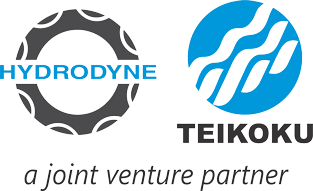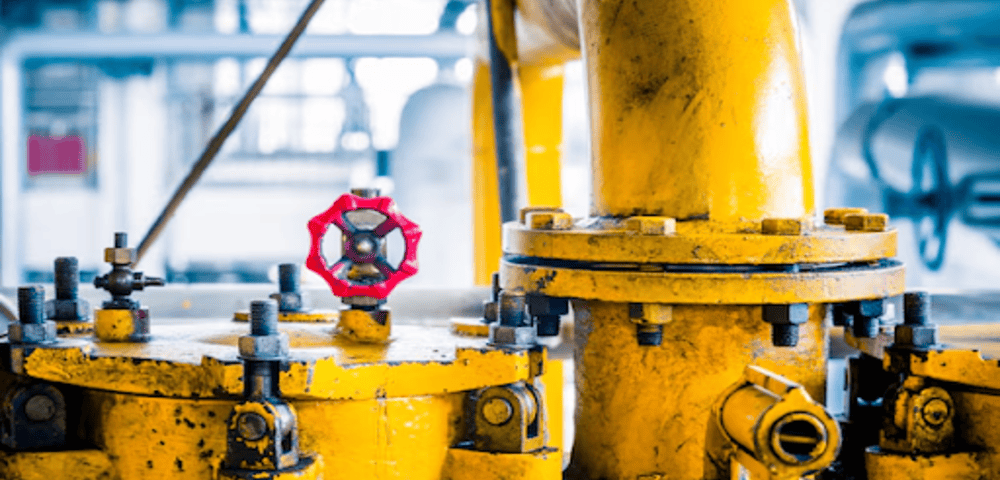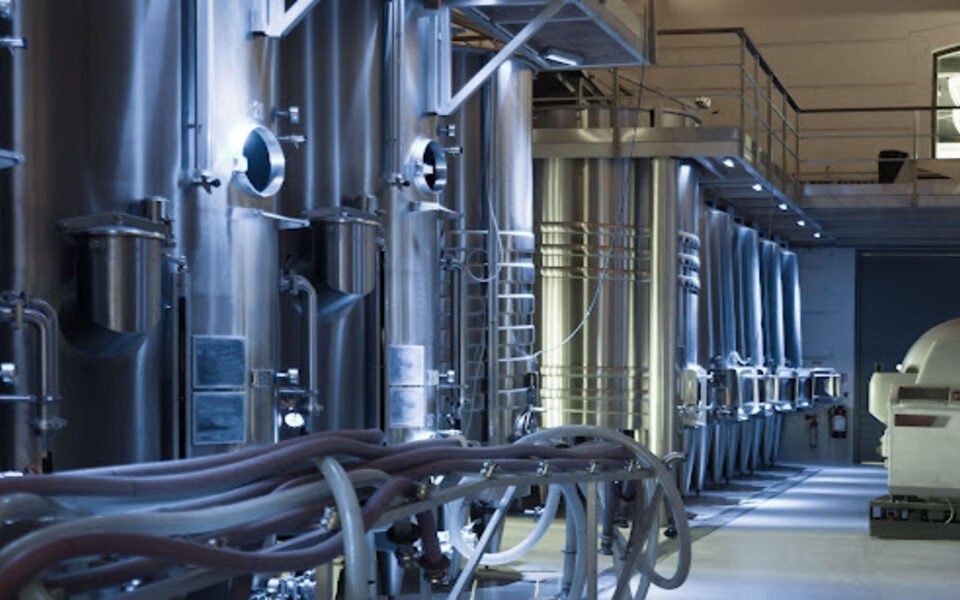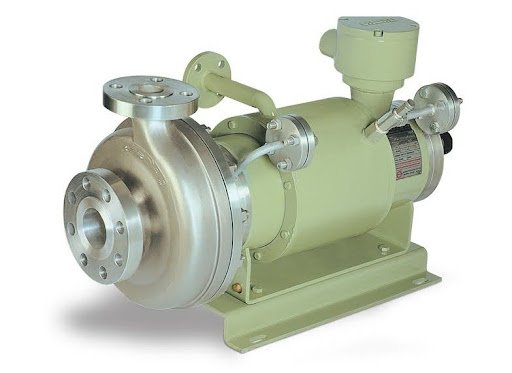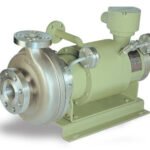
Hydrodyne Teikoku API 685 Canned Motor Pumps
July 24, 2025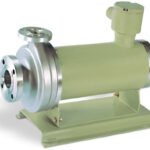
The Environmental Benefits of Switching to Canned Motor Pumps
August 29, 2025Chemical pumps are critical assets in industries ranging from petrochemicals to water treatment. Whether you are an industrial engineer, maintenance manager, or procurement professional, you know that pump failures can lead to costly downtime, safety hazards, and operational inefficiencies. The good news? With the right maintenance practices, you can significantly extend the lifespan of your chemical pumps and keep them performing reliably for years.
At Hydrodyne Pump Teikoku, we’ve spent decades engineering pumps that excel in demanding environments. Today, we’re sharing our proven maintenance strategies to help you get the most from your equipment.
1. Establish a Preventive Maintenance Schedule
The first step toward maximizing pump life is consistency. Instead of waiting for signs of wear, implement a preventive maintenance program that includes:
- Regular inspections for leaks, vibrations, and unusual noise.
- Scheduled lubrication of bearings to reduce friction and heat.
- Routine seal checks to prevent hazardous leaks.
A well-structured schedule reduces the likelihood of unexpected breakdowns, ensuring smoother plant operations.
2. Monitor Operating Conditions Closely
Chemical pumps work best within their design parameters. Overloading, running dry, or pumping incompatible fluids can accelerate wear and damage. To protect your pump:
- Track flow rates and pressures using reliable instrumentation.
- Ensure temperature limits are maintained to prevent thermal stress.
- Use fluid compatibility charts to verify materials match the pumped medium.
Hydrodyne’s chemical pumps are engineered with robust materials and advanced sealing technology to handle challenging fluids without compromising durability.
3. Keep the Pump and Environment Clean
Contaminants both inside the pump and in its surroundings can compromise performance:
- Flush the pump periodically, especially when switching between fluids.
- Keep suction strainers and filters clean to avoid blockages.
- Ensure the pump environment is free from dust, debris, and chemical residue that can degrade components.
- Prioritize Seal and Bearing Care
Mechanical seals and bearings are often the first components to wear in chemical pumps:
- Inspect seals regularly for signs of corrosion or pitting.
- Replace worn bearings promptly to avoid shaft misalignment and vibration.
- Use OEM-quality parts for replacements to maintain optimal performance.
Hydrodyne Pumps designs its seals and bearings for maximum resistance to chemical attack and mechanical fatigue, reducing the frequency of replacements.
5. Train Your Maintenance Team
Even the most advanced pump technology can fail if mishandled:
- Provide training on correct start-up and shutdown procedures.
- Educate staff on recognizing early warning signs like unusual vibration patterns or changes in pump noise.
- Maintain clear documentation for each pump, including manuals, service records, and performance logs.
6. Leverage Condition Monitoring Technology
Modern predictive maintenance tools can save significant time and cost:
- Vibration analysis to detect imbalance or bearing wear before failure.
- Thermal imaging to identify hot spots caused by friction or blockage.
- Remote monitoring systems to track performance data in real-time.
Hydrodyne’s chemical pumps can be integrated with advanced monitoring solutions, helping you stay ahead of potential issues.
Why Choose Hydrodyne Pumps for Reliability
When it comes to chemical pumps, maintenance and design go hand in hand. Hydrodyne Pumps offers:
- High-quality materials for superior corrosion resistance.
- Precision engineering for consistent performance.
- Field-proven durability in demanding industrial environments.
Our pumps are built not just to perform but to last.
Final Thoughts
By following these maintenance tips and partnering with a manufacturer who understands the demands of chemical processing, you can ensure your pumps deliver reliable, long-term service. Proactive care reduces downtime, cuts repair costs, and maximizes ROI.
